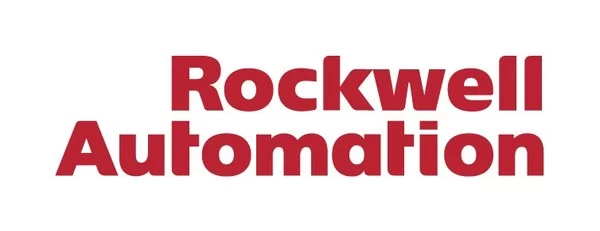Over 250,000 SHOPLINE Merchants Can Now Harness the Power of Social Commerce with just a few clicks SINGAPORE, Dec. 21, 2020 — SHOPLINE, a global smart commerce platform, today announced the availability of a Facebook Business Extension integration enabling over 250,000 SHOPLINE merchants to sell on Facebook Shops and Instagram Shopping…
Dreame Technology’s Smart Factory Breaks Suction Speed Barrier to Mass Produce 150,000rpm Vacuum Motors
SUZHOU, China, Dec. 21, 2020 — Leading smart home technology brand, Dreame Technology (Dreame), offered the first glimpse of its smart motor production factory with the capacity to mass-produce high-speed motors that can reach 150,000rpm and will feature in the upcoming cordless vacuum model expected to be released in March 2021….
Nielsen: China leads the world in the pace of retail recovery, as offline channels rebound in full momentum
BEIJING, Dec. 18, 2020 — According to the latest study by Nielsen, the global measurement and data analytics company, the onset of COVID-19 in 2020 has brought profound impact to the global retail industry and resulted in significant changes to the consumer market landscape. This is largely due to a…
Rockwell Automation Reaffirms Commitment to Carbon-Neutrality Through Accelerating Smart, Safe and Sustainable Manufacturing at 29th Automation Fair(R) At Home
The first hybrid live and virtual Automation Fair At Home saw over 40,000 participants registered from 146 countries and featured speakers include PartnerNetwork™ representatives from Cisco, Cytiva, ExxonMobil, Gartner, Microsoft, Thermo Fisher Scientific and more SINGAPORE, Dec. 18, 2020 — Rockwell Automation, Inc. (NYSE:…
Aqara Smart Home Starter Kit Debuts in South Korea
NEW YORK, Dec. 18, 2020 — Aqara, a provider of smart home products, announced the launch of its Smart Home Starter Kit in South Korea. The starter kit is now available for purchase on online channels including the LG ThinQ in-app store. Aqara Smart Home Starter Kit Debuts in South Korea…
TUKAweb and 62 TUKAcenters Now Offers 3D Services
Create 3D Garments now with zero Investment in systems or personnel LOS ANGELES, Dec. 16, 2020 — Tukatech announces that their TUKAcenter and web services portal, TUKAweb, will now offer 3D services for creating instant 3D garments to be produced on demand. To celebrate the launch of the new 3D service,…
Australian AI startup, HIVERY, partners with JR East Water Business to optimize vending machines in Japan
SURRY HILLS, Australia, Dec. 16, 2020 — Retail AI pioneer, HIVERY [https://www.hivery.com], (headquartered in Sydney, Australia) and JR East Water Business (headquartered in Tokyo, Japan), a subsidiary of East Japan Railway Company, have agreed to rollout HIVERY Enhance [https://www.hivery.com/products/enhance] – an AI-driven vending…
Aqara’s HomeKit Secure Video Camera Hub G2H Now Available on Amazon Canada
NEW YORK, Dec. 15, 2020 — Aqara, a provider of smart home products, announced the launch of its popular G2H camera hub to the Canadian market, following its long-awaited launch in the US. The camera hub, which has received extensive positive feedback from not only customers but also influential press and KOLs, is…
Standard Commended by Frost & Sullivan for Ensuring a Frictionless Payment Process with its Checkout-Free Platform for Retailers
Standard seamlessly integrates AI and computer vision technology into the retailer’s existing infrastructure, providing an enhanced shopping experience for customers SANTA CLARA, Calif., Dec. 9, 2020 — Based on its recent analysis of the North American autonomous retail checkout market, Frost & Sullivan recognizes Standard with the 2020 North American Technology…
Adyen to partner with Hungry Jack’s to improve its customer service with payment-led updates
AMSTERDAM, Dec. 9, 2020 — Adyen (AMS: ADYEN), the global payments platform of choice for many of the world’s leading companies, today announced it has partnered with Hungry Jack’s, the Australia-based quick-service restaurant, to improve its point-of-sale (POS) terminal fleet and help unify…









